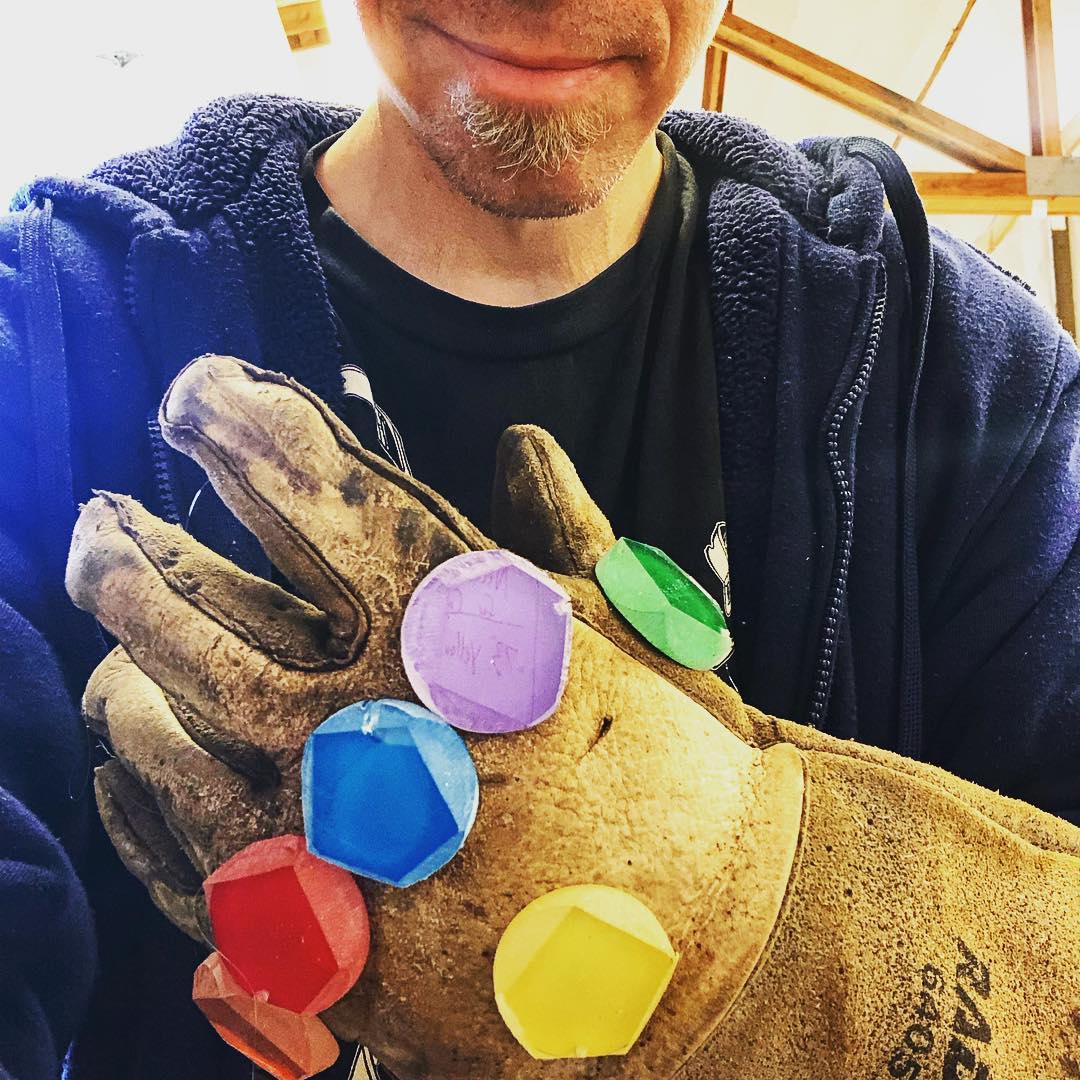On the book, Are the Arts Essential?: “As Arthurs puts it, in addressing ideas and ‘challenging our systems’ we have been more easily in awe of the arts than activated by them. To begin with, I am greatly in favor of the ‘we,’ for this convergence of intelligent minds and pens speaks for all of us, wherever we are meeting it,” explains The Brooklyn Rail contributor Mary Ann Caws. “I shall borrow the words of Catharine R. Stimpson about our need for ‘cultural interpreters who can tell the story of this brilliant pluralism’ and affirm that we have exactly those here.”
“All along the length of these chapters,” edited by Senior Fellow, Alberta Arthurs and Michael F. Diniscia, Deputy Director for Research and Strategic Initiatives at NYU’s John Brademas Center, “we see the importance of that question—indeed, of each issue raised—such as that brought before us by the significant thinker K. Anthony Appiah, reminding us by way of Duchamp that what signals a piece as a work of art is its demand for ‘a certain sort of attention.’”
“All along the length of these chapters,” edited by Senior Fellow, Alberta Arthurs and Michael F. Diniscia, Deputy Director for Research and Strategic Initiatives at NYU’s John Brademas Center, “we see the importance of that question—indeed, of each issue raised—such as that brought before us by the significant thinker K. Anthony Appiah, reminding us by way of Duchamp that what signals a piece as a work of art is its demand for ‘a certain sort of attention.’”
Read the full article here.


